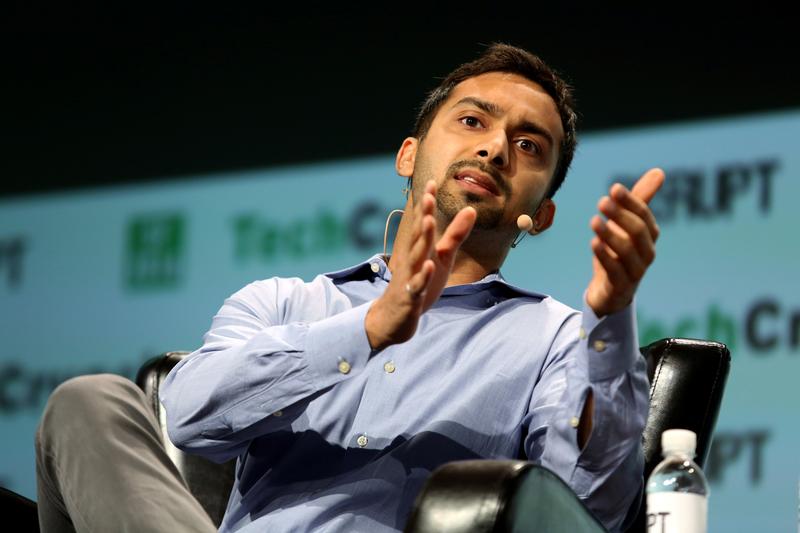(Reuters) – U.S. grocery delivery app Instacart is considering going public through a direct listing, concerned that it could leave money on the table through a traditional initial public offering (IPO), according to people familiar with the matter.
The move would make Instacart the latest company to snub an IPO, for decades the primary path to a stock market debut, because it risks pricing its offering too low compared to where its shares end up trading. In a direct listing, companies go public without raising money through a stock sale.
Shares of newly listed U.S. companies that went public through an IPO ended trading up 36.2% on average on their first day last year, compared to 17.2% in 2019, according to data firm Dealogic.
Investment bankers say they often struggle to price in the impact of huge investor demand for popular consumer names, such as home-sharing start-up Airbnb Inc and food delivery app DoorDash Inc, given the limited initial stock float of these companies. Some venture capital investors, such as Benchmark general partner Bill Gurley, say bankers keep IPO prices low to favor their Wall Street clients.
Instacart has no short-term need for cash after raising $265 million in a private fundraising round earlier this week. The company’s business has benefited from more consumers shopping groceries online more to cook at home during the COVID-19 pandemic.
Investment bankers working on Instacart’s listing have estimated that it could be valued by the stock market at more than $50 billion, two of the sources said. Instacart said earlier this week its latest fundraising round valued it at $39 billion.
The San Francisco-based company has yet to make a final decision on how it will go public, the sources cautioned, requesting anonymity as the discussions are confidential.
Instacart declined to comment.
IPOs have been on a tear since last summer as markets rallied following the Federal Reserve’s moves to support the U.S. economy during the COVID-19 pandemic. Yet their popularity has been eroding as more companies choose to go public through mergers with special purpose acquisition companies (SPACs) or direct listings.
There were 208 IPOs excluding SPACs last year, the most since 2015, according to Dealogic. By comparison, 249 SPACs went public through IPOs. Two prominent direct listings last year were those of technology firms Palantir Technologies Inc and Asana Inc.
IN SPOTIFY’S STEPS
Only a handful of companies have gone public through a direct listing since it was pioneered in 2018 by music streaming platform Spotify Technology SA.
U.S. gaming platform Roblox Corp abandoned plans for an IPO earlier this year because it did not want to leave money on the table. It is slated to debut on the New York Stock Exchange (NYSE) next week through a direct listing.
U.S. cryptocurrency exchange Coinbase Global Inc has said it is looking to go public through a direct listing. Online broker Robinhood and robotic software startup UiPath Inc also considering choosing a direct listing over an IPO, according to people familiar with the matter.
Robinhood and UiPath declined to comment.
Once a company goes public through a direct listing, insiders can typically sell their shares immediately rather than be restricted for months, as is the case with IPOs.
A company can also sell its shares in the open market to raise capital following a direct listing without restrictions, typically after it has reported quarterly earnings. Some companies opting for direct listings also choose to raise money before they go public through private fundraising rounds.
The NYSE now offers companies the option to raise money in a direct listing after the U.S. Securities and Exchange Commission approved it in December.
Under the NYSE’s new model, new shares being sold in the newly listed company have to trade within a pre-set range for money to be raised, or the listing has to be postponed. No company has taken up this option so far, though dozens have contacted the NYSE to express interest in it and several are actively pursuing it, according to a person familiar with the matter.
The NYSE declined to comment.
Source: Read Full Article
